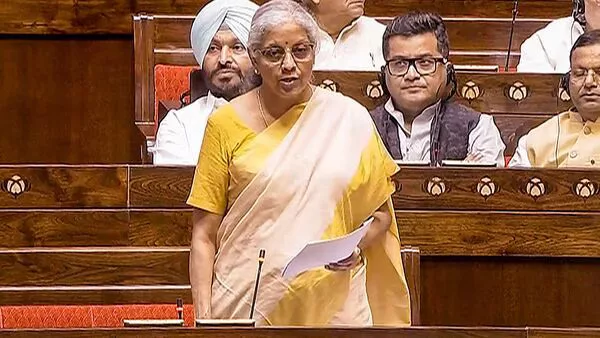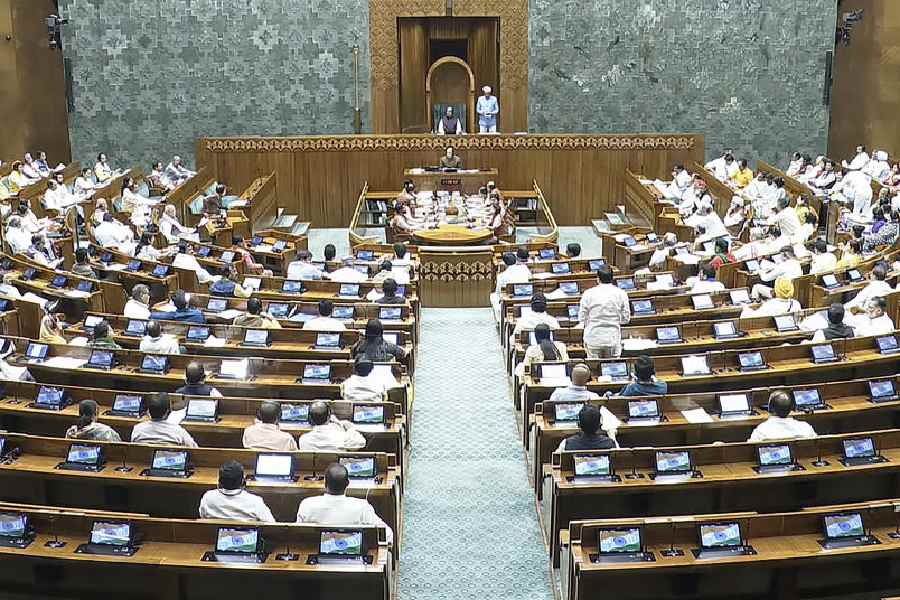
Banking Laws (Amendment) Bill, 2024: A Comprehensive Overview
On August 9, 2024, the Indian government introduced the Banking Laws (Amendment) Bill, 2024 in the Lok Sabha, marking a significant step towards reforming the country’s banking sector. The bill proposes several key changes aimed at enhancing the regulatory framework, improving governance, and making banking more accessible to the general public. This legislation is part of the government’s broader strategy to modernize financial systems and ensure they are more inclusive and resilient.
Key Provisions of the Bill
One of the most notable provisions in the Banking Laws (Amendment) Bill, 2024, is the increase in the number of nominees allowed per bank account from one to four. This change is designed to provide greater flexibility and convenience for account holders, allowing them to designate multiple beneficiaries for their accounts. This is particularly important in the context of family financial planning, where individuals may wish to ensure that their assets are distributed among several loved ones in the event of their death.
The bill also seeks to enhance the regulatory powers of the Reserve Bank of India (RBI). By granting the RBI more authority to oversee and intervene in the functioning of banks, the government aims to prevent crises like those seen in the past with banks like Yes Bank and Punjab and Maharashtra Co-operative (PMC) Bank. The increased oversight is expected to improve the stability of the banking sector and protect the interests of depositors.
Another significant aspect of the bill is the proposed changes to the governance structure of banks. The amendments seek to improve corporate governance by introducing stricter criteria for the appointment of directors and executives. This move is in response to concerns about the quality of leadership in some banks, which has been linked to poor decision-making and financial mismanagement. By ensuring that only qualified and experienced individuals are appointed to key positions, the government hopes to foster a culture of accountability and professionalism within the banking sector.
Rationale Behind the Amendments
The introduction of the Banking Laws (Amendment) Bill, 2024, is motivated by several factors. First and foremost, the government aims to align the banking sector with global best practices. In recent years, there has been increasing recognition of the need for robust regulatory frameworks that can adapt to the complexities of modern banking. This bill is part of India’s efforts to strengthen its financial system in line with international standards.
The bill also addresses the challenges posed by the rapid digitization of banking services. As more people turn to digital platforms for their banking needs, the sector has become increasingly vulnerable to cyber threats. The amendments proposed in the bill include measures to enhance cybersecurity and protect consumer data, thereby building trust in digital banking solutions. This is crucial for the continued growth of India’s digital economy, which relies heavily on the efficiency and security of its banking infrastructure.
Additionally, the government’s decision to increase the number of nominees per account reflects a broader push towards financial inclusion. By making banking services more flexible and accessible, the government hopes to encourage more people to use formal financial systems, thereby reducing reliance on informal channels. This is particularly important in rural areas, where access to banking services remains limited. The bill’s provisions are expected to make it easier for rural residents to manage their finances and plan for the future.

Political and Economic Implications
The Banking Laws (Amendment) Bill, 2024, has significant political and economic implications. Politically, the bill is likely to be seen as a major achievement for the current government, which has made financial reform a key part of its agenda. The introduction of this bill comes at a time when the government is facing criticism over its handling of economic challenges, including inflation and unemployment. By focusing on banking reform, the government is signaling its commitment to strengthening the economy and safeguarding the interests of ordinary citizens.
Economically, the bill is expected to have a positive impact on the banking sector. By improving regulatory oversight and corporate governance, the government hopes to restore confidence in the sector, which has been shaken by a series of high-profile scandals and bank failures. The increased oversight by the RBI is particularly important, as it is expected to prevent the kind of risky behavior that led to past crises.
The bill’s focus on financial inclusion is also likely to have long-term benefits for the economy. By encouraging more people to use formal banking services, the government can improve financial literacy and promote savings. This, in turn, can lead to greater investment and economic growth. The bill’s provisions for digital security are also crucial, as they will help protect consumers from cyber threats and ensure the continued growth of the digital economy.
Potential Challenges and Criticisms
Despite its many benefits, the Banking Laws (Amendment) Bill, 2024, is not without its challenges. One potential issue is the implementation of the new provisions, particularly in rural areas where banking infrastructure is still underdeveloped. The government will need to invest in expanding access to banking services and improving financial literacy to ensure that the bill’s benefits are realized across the country.
There may also be resistance from some quarters of the banking sector, particularly regarding the increased oversight by the RBI. Some banks may view the new regulations as overly restrictive and argue that they could stifle innovation and growth. The government will need to strike a balance between ensuring robust regulation and allowing banks the flexibility to operate efficiently.
Another potential criticism is the timing of the bill’s introduction. With the general elections approaching, some critics may argue that the bill is a politically motivated move designed to win votes. However, the government has defended the bill as a necessary step towards modernizing the banking sector and ensuring its long-term stability.
Conclusion
The Banking Laws (Amendment) Bill, 2024, represents a significant step forward in the reform of India’s banking sector. By introducing key changes to the regulatory framework, improving corporate governance, and enhancing financial inclusion, the bill is expected to strengthen the sector and protect the interests of consumers. While there are challenges to be addressed, the bill’s potential benefits make it a crucial piece of legislation for the future of India’s economy.
As the bill moves through the legislative process, it will be closely watched by stakeholders across the banking sector, as well as by the general public. Its successful implementation will depend on the government’s ability to address the challenges and criticisms it faces, and to ensure that the reforms are effectively applied across the country. The Banking Laws (Amendment) Bill, 2024, has the potential to reshape the banking landscape in India, making it more robust, inclusive, and responsive to the needs of the 21st century.


